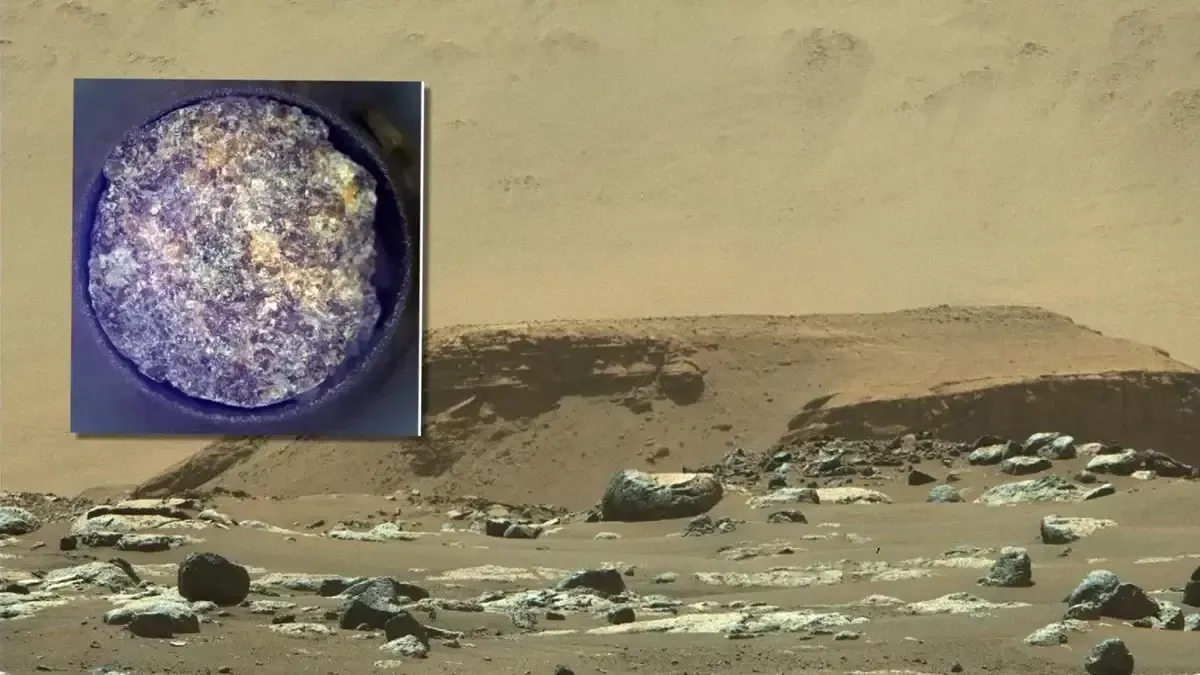New evidence found of signs of life on Mars

Scientists from NASA and Imperial College London have identified traces resembling early signs of life on the surface of Mars. This was reported by Zamin.uz.
They studied rocks in the Jezero crater and encountered traces of organic substances and reactions similar to biochemical processes found on Earth. A scientific article about this discovery was published in the prestigious journal Nature.
The scientists analyzed rocks in a bright area called Bright Angel. It was found that these rocks consist of sedimentary layers formed in a calm water environment, such as a lake or shoreline.
They identified fine structures enriched with iron phosphate and iron sulfide. Experts emphasize that these structures may have formed as a result of reactions with organic carbon.
On Earth, such processes are often associated with microbial activity. According to Professor Sanjiv Gupta of Imperial College London, this discovery is of great significance.
He states that the obtained samples are among the strongest evidence of biological processes having existed on Mars. Since 2021, the Perseverance rover operating in the Jezero crater has been collecting samples from the Bright Angel area and storing them in a special capsule.
These samples are planned to be returned to Earth in the 2030s. Matthew Cook, a representative of the UK Space Agency, also highly praised these results.
According to him, the data obtained is one of the most reliable pieces of evidence indicating that conditions for microbial life existed on Mars. Although a cautious approach is necessary for the final conclusion, this discovery brings humanity one step closer to answering the fundamental question, “Are we alone in the universe?”







